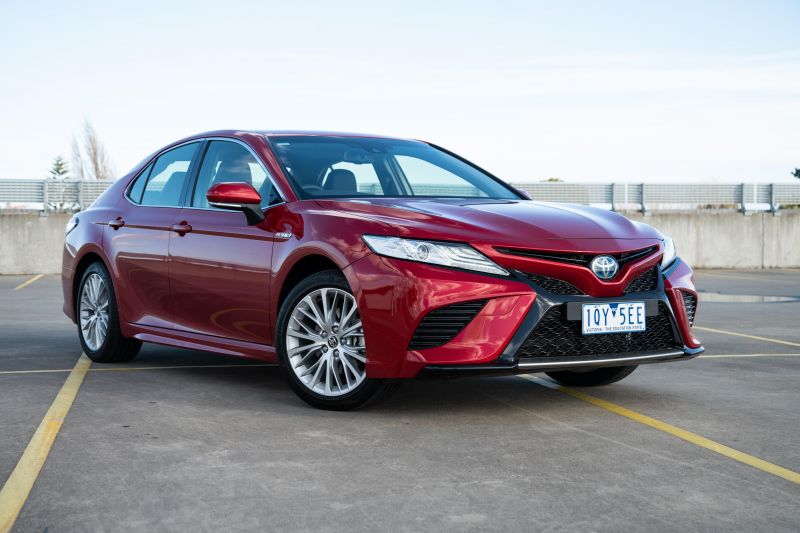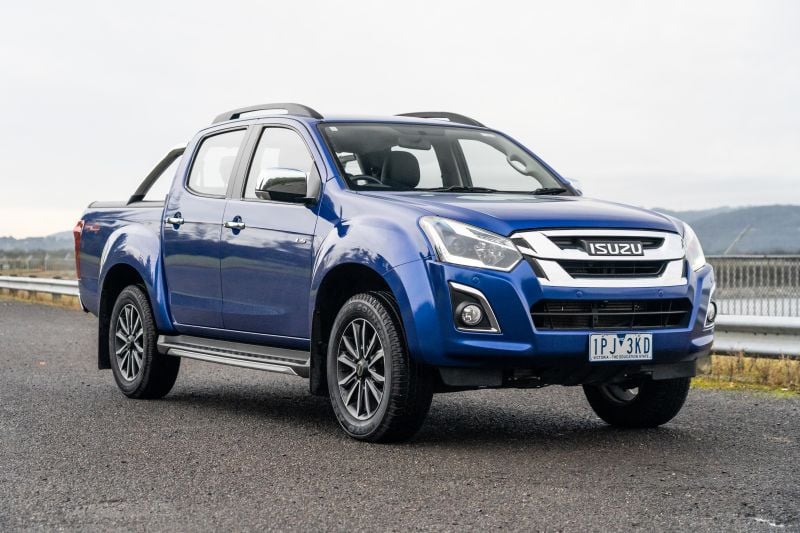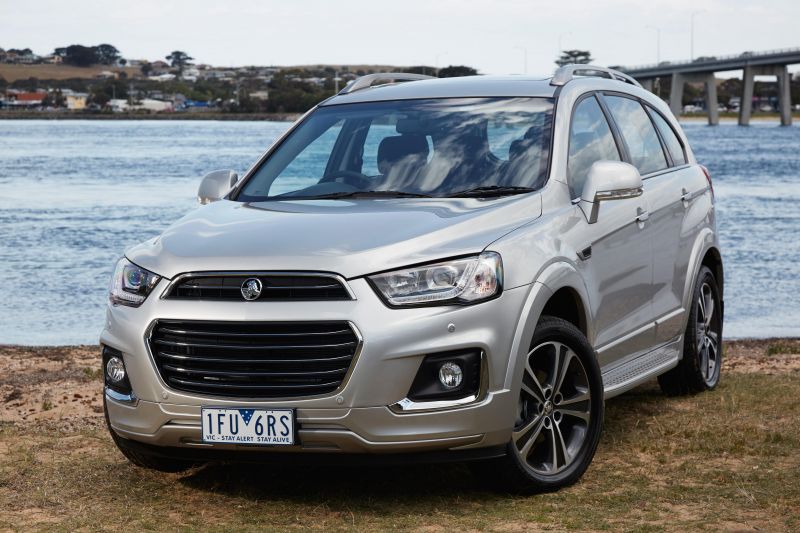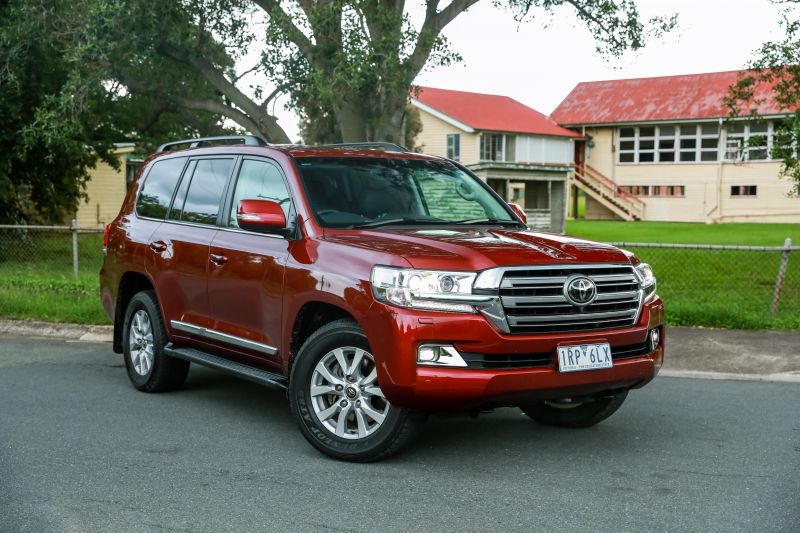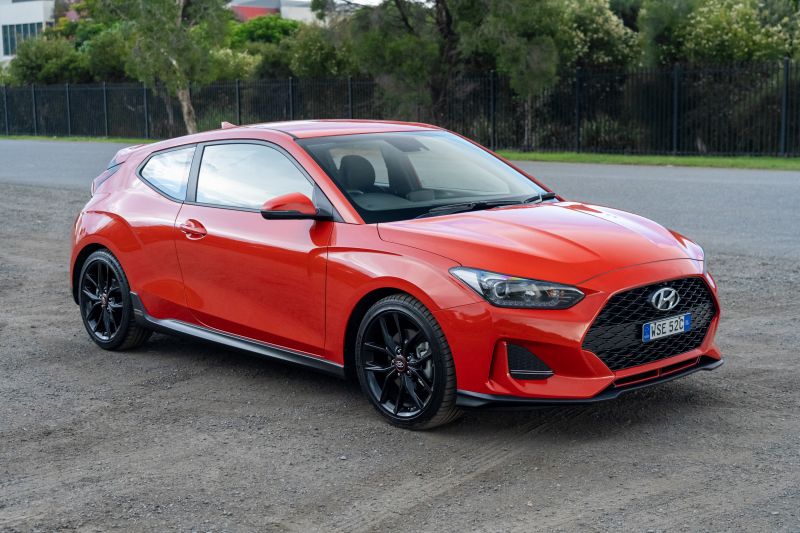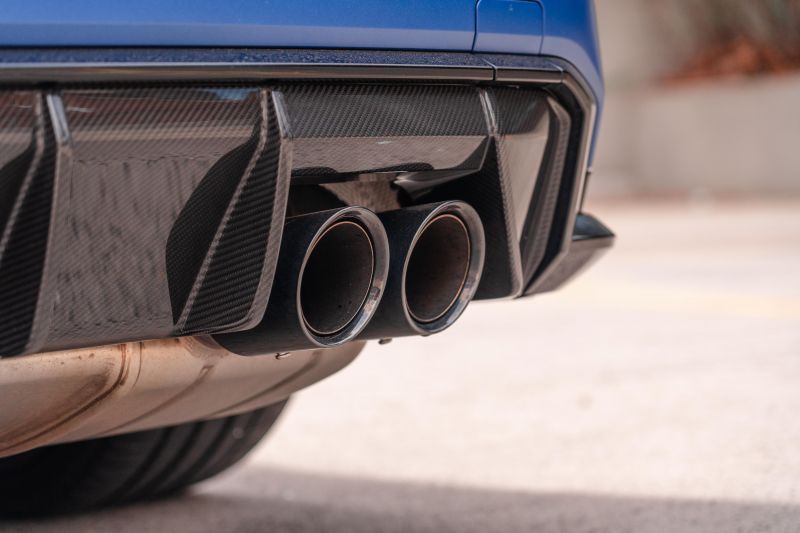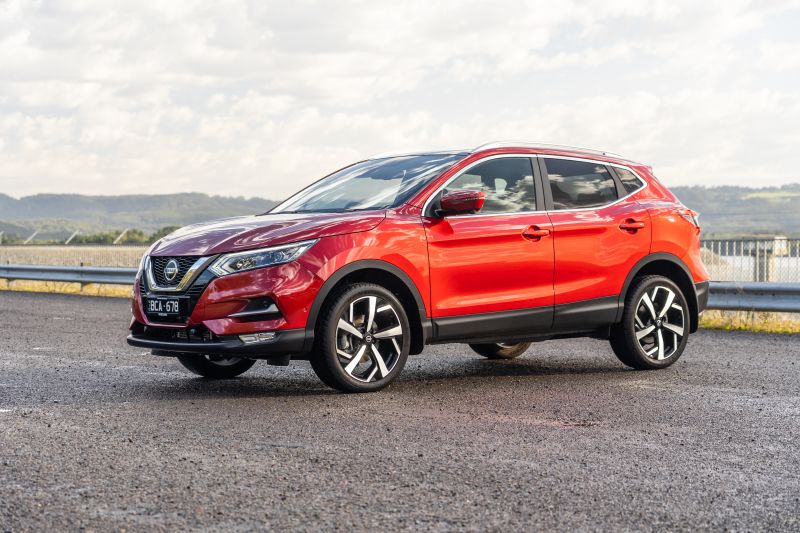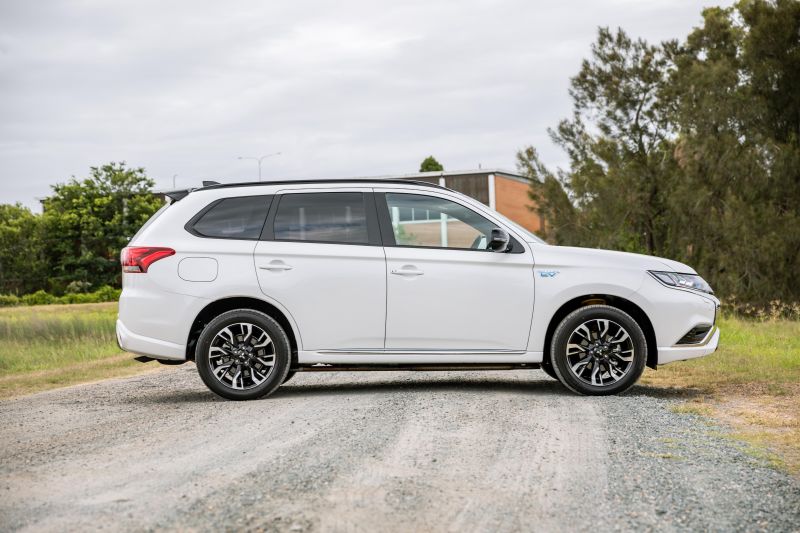You can remember how much you shelled out for your car all those years ago – even if you can’t quite remember what year it is anymore – but how much could you hope to get for it today?
By the time you’ve finished this article, hopefully you’ll have a pretty good idea.
The easiest way to know your car’s worth is pretend you’re shopping to buy the exact same vehicle. Go to online classifieds sites and simply search for your car. You’ll get a rough idea of the value range – upper, and lower.
The used car market is rapidly changing, with new car stock becoming more readily available and used car prices going down by the week, however the basics still apply.
If you want to sell your car, click here and receive a price quickly.
Your car will be worth the average of what is available. Note that just because Joe Bloggs has advertised his Holden ute for $50,000 – when the rest of them are more like $35,000 – doesn’t mean yours is worth that. It just means Mr Bloggs is thinking wishfully. Or that he might not be actively looking to sell at all.
Some sellers like to leave a baited hook in the water at all times – in case they get a bite for their optimistic price.
Note that it might be tricky to get a sense of the extreme lower end of the value range, because those vehicles sell the quickest.
Another method – if your car is comprehensively insured – is to call your insurance company and simply ask. Note that insurance companies are incentivised to slightly under-value your car.
You could also use third-party tools like this website here. Simply go the showroom of the vehicle you are intending to sell, scroll down to the bottom and find the year of your model and it will give you a rough estimate of what it’s worth based on recent sales.
Alternatively, If you want to sell your car, click here and receive a price quickly.
You could also get a formal valuation, but this costs money and isn’t strictly necessary – unless you have absolutely no idea what you’re doing, something this article hopes to solve.
Knowing the value of your car is the first step towards pricing it for sale.
Variables that affect vehicle resale value
Make and model.
It’s an unfortunate reality that some brands – and even models – hold their value better than others. You may have saved money up-front buying that Holden Captiva over the Toyota RAV4 five years ago, but now that it’s time to sell it, it’s probably best you don’t compare used car values as they stand today. Unless you want to weep.
Type of car.
Selling a dual-cab ute or a mid-sized SUV in Australia? You’re in a good place. Trying to sell a small city car or large sedan? Take a deep breath. It’s common sense that if you’re selling the type of vehicle that’s most popular in Australia, you’re going to have an easier time.
Kilometres
The lower the kilometres, the better. The average Australian does about 13,000km per year, so if your car is five years old and has around 65,000km, that’s about right.
If you’re thinking of selling your car and it’s approaching the 100,000km mark, seriously consider moving it on before it gets to that point. A car with 92,000km will be slightly easier to sell than one with 102,000km.
That said, there are vehicles where mileage doesn’t matter as much – 200,000km is low for an older Toyota LandCruiser. And there are circumstances where higher mileage isn’t as much an issue – like if the car has spent most of its life commuting between, say, Sydney and Canberra. (Highway miles are considered less taxing than city ones.)
Separate to all that, service history is more important anyway.
Location
Unless it’s a very rare vehicle, it’s much easier to sell your car in a major urban centre than it is a small, remote country town simply because one might have four million people, the other 5000. There are exceptions – a farm ute would be easier to sell in a rural area.
Service history
In theory, a car with 150,000km with a full service history should be worth more than one with 75,000km and no service history.
A full service history – meaning, you’ve had it maintained at the intervals recommended by the manufacturer, by an authorised service centre – does amazing things for your car’s resale.
Remaining warranty and fixed-price service agreement
If you bought your car brand new and it came with a seven-year warranty – and you’re selling after four years – the remaining term is very attractive to buyers. This also applies to any remaining capped-price services that came with the car brand new.
Condition
It pays to look after your car. If it’s in great condition inside and out, with no damage or blemishes, naturally it’ll be worth more.
Transmission
Australians are lazy, and so automatics hold their value better than manuals. Unless it’s a sports car, and even then some models might be considered more desirable as an automatic than a manual, like a PDK-equipped Porsche.
Colour and trim
Conservative colours such as white and grey hold their value better than bright, lurid ones like, say, fluro green. A silver car will simply appeal to more people than a coloured one. That’s why you see so many white and silver cars on the road.
The same applies to interiors – you might have loved the leopard-print-and-flames seat trim when you first bought the car, but sadly very few others do.
Again, there’s a reason most opt for a black trim: it has the broadest appeal come resale time. The opposite can be true for sports cars where bright colours might be more valued than dull ones.
Optional extras and aftermarket accessories
If you optioned the sunroof when you bought the car brand new, highlight this in any advertisement as it means you can price the car slightly higher.
The same applies if you’re moving on your Hilux and it has an expensive, quality bull-bar fitted with a brand-name LED light-bar – or any other aftermarket accessory a new owner might want to fit (that you paid for, brand new).
Note that if it’s a sports car you’re selling, often you’re better selling any aftermarket additions separately and refitting the stock items (like wheels or an exhaust).
Registration
Did you just put 12 months rego on the car? Include it in the price (and definitely the ad). Sometimes it pays to add a bit more rego as it increases the perception of value.
NSW, Victoria, SA, ACT and Tasmania offer three-month rego; while WA, Queensland and the NT offer one-month rego. It’s certainly better than no rego – unregistered cars are worth much less than registered ones.
Serviceable items
If you just shelled out for four new tyres, a new clutch, new brakes and new windscreen wipers – or just paid for a major service – it will push up the value of the car.
Roadworthy documentation
In Victoria, a car must be sold with a Roadworthy Certificate (RWC) – but that can be arranged by either the seller or the buyer. If you’re the seller and aren’t supplying the car with a RWC, it’s worth less as the buyer is taking on the risk of possible mechanical repairs.
It’s a similar story in Queensland and the ACT (if the car is over six years old). No other state or territory requires proof of roadworthiness in order to process a private sale.
If you’re in Victoria, Queensland or the ACT, it’s strongly encouraged to get your roadworthy documentation in place before selling – and provide it when selling the car. Note that in Victoria, a RWC is only valid for 30 days. In Queensland, the equivalent ‘safety certificate’ is valid for two months or 2000km, whichever comes first.
Crash history
If your car was once written off but repaired, it’s worth much less than a car that’s never been in a crash, even if it was put back together better than it was originally built brand new.
People are scared off by crash repairs as there are so many dodgy smash repairers rushing jobs out the door – and not repairing the car properly.
Number of owners
The fewer owners, the better. If you’ve owned your car for 20 years since new, and you’ve been the only owner, your car is worth more than if it had an unknown amount of owners.
Smoking
If you’ve smoked in the car – and you can smell it – the car is worth slightly less. Plus, smoking wrecks your health and costs a fortune, so you shouldn’t be doing it anyway. Listen to your mum.

